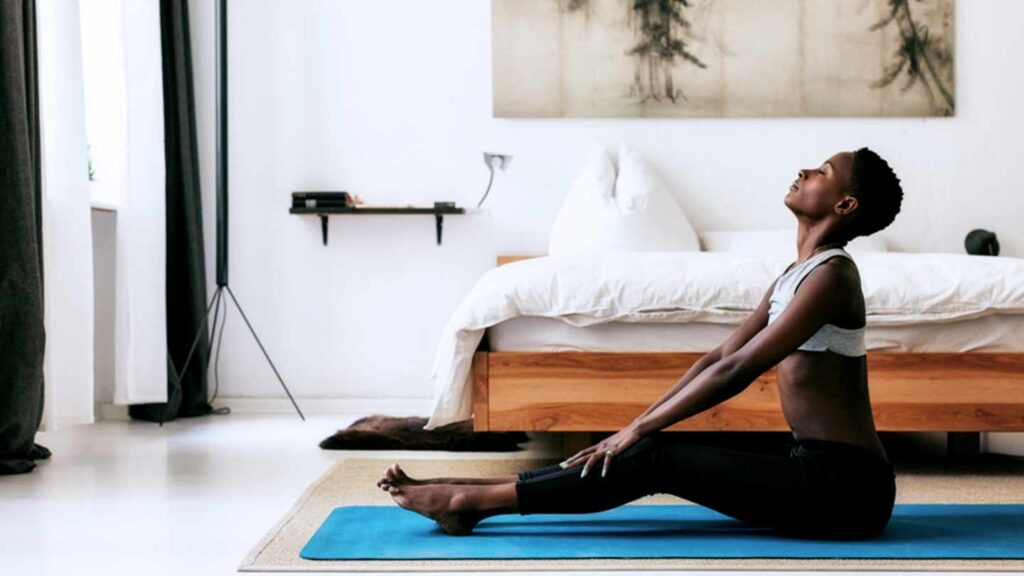
Anxiety is a physiological symptom as much as it is psychological. All meditations start and end with taking a deep mindful breath. Studies have demonstrated that a deep breath can reduce stress and improve mood. Why is something so simple so effective? Looking first at how anxiety works will help illustrate.
Anxiety starts in the brain, in the amygdala. Nicknamed the “fear center,” the amygdala’s job is to warn of any danger, real or perceived. This part of our brain existed long before we developed our ability to reason, and served us well in times where our ancestors had to fear danger from predators at every moment. Since then, the world has changed and it is a rare situation where we find ourselves in true danger. Nevertheless our amygdala is still there, still warning of danger.
Think of when someone comes up from behind and spooks us. Boom! We feel a full body jolt of adrenaline. It is a full body sensation, causing restricted or shortened breathing, tightening of our muscles, and increases in our heart rate. The brain is shouting, “DANGER!” All of this would be helpful if we had to evade a bear attack, but when it occurs prior to giving a speech in front of a large crowd, it is not so helpful.
Breathing is a way to calm both the brain and body and counteract the symptoms of stress and anxiety. A deep, full bodied breath signals the parasympathetic system, the part that is calming and relaxing. A deep breath slows your heart rate and relaxes the muscles in your body. It also provides a moment to stop any intrusive thoughts from cascading.
Deep breathing is such ubiquitous advice that it is easy to lose perspective of how powerful and efficient it is. It is always available, and does not require privacy or space. Sometimes the simple advice is the most effective. Try some deep breathing exercises and have them ready to use the next time you feel stressed or anxious.



